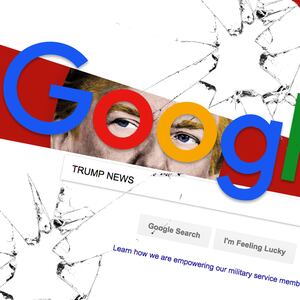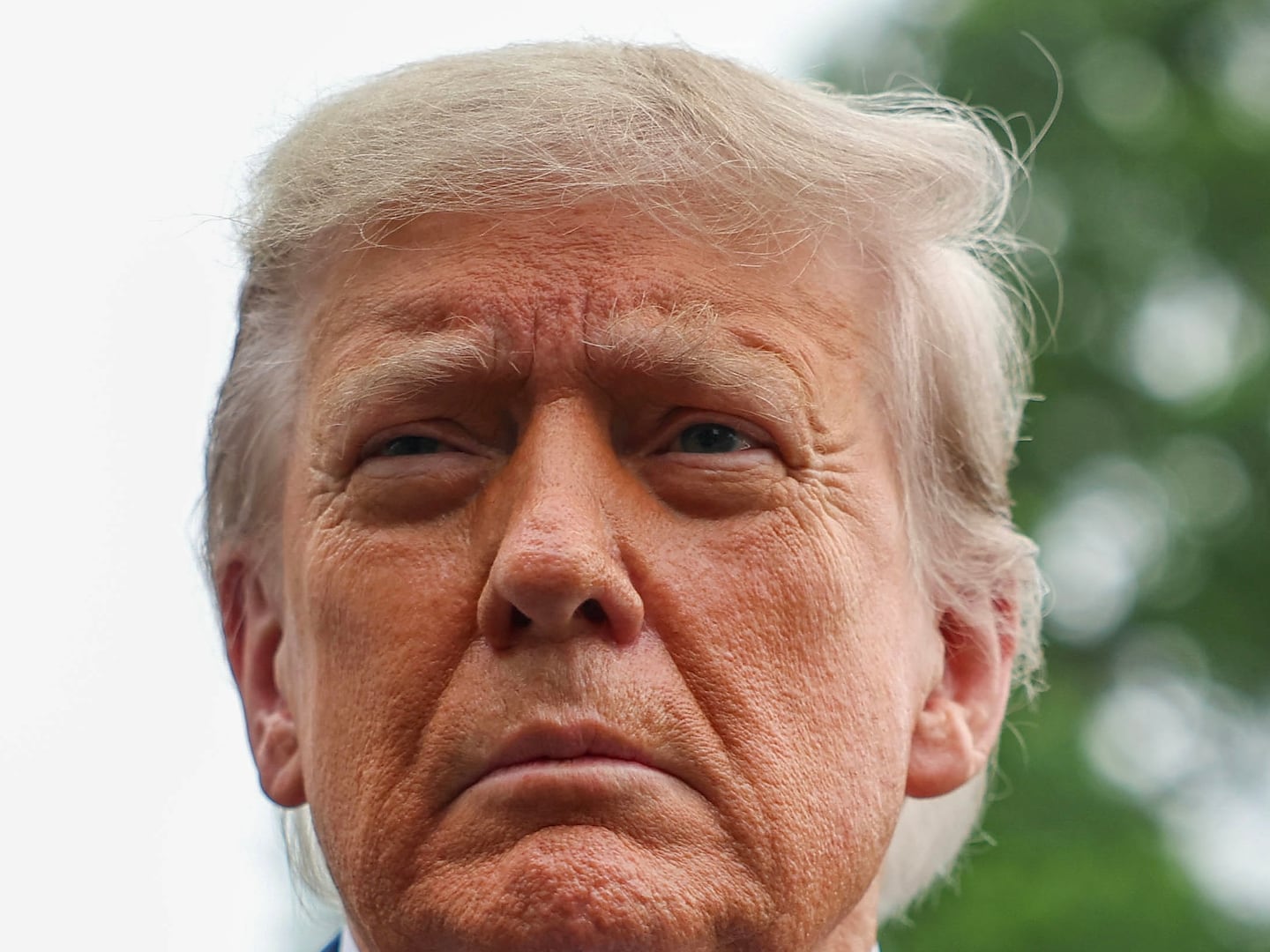Google CEO Sundar Pichai dodged questions about alleged bias against conservatives, privacy concerns, and censorship in China during in testimony before the House Judiciary Committee on Tuesday, avoiding the kind of showdowns that have tripped other top tech execs in their own trips to Congress.
Pichai managed to wriggle out of the questioning by repeating vague talking points and promising to get back to lawmakers with more information after the hearing. Even as congressional and public concern about tech giants grows, Pichai got out of the hearing while making few concrete commitments about Google’s plans.
Pichai was also helped out by inept questioning from several Republican politicians, who struggled to understand basic technical details, like the difference between apps and phones. Lawmakers held up their iPhones several times as props, forcing Pichai to point out that Google doesn’t make iPhones.
But Pichai still faced questions on a wide range of Google business practices, including its struggle to control conspiracy theories on YouTube and its plans for a potential censored search engine in China.
Conservatives: We’re Victims
Republican lawmakers claimed that Google search results are biased against conservatives, using anecdotal evidence or studies from right-wing media groups to make their cases.
Rep. Steve Chabot (R-OH), for example, claimed that Google was biased because he had done a Google search for news about the failed Republican repeal of Obamacare and found too many negative articles ranked highly. Pichai disputed the claims that Google discriminates against conservatives in search, saying they were based on flawed data.
“We have found issues with the methodology and the sample size and so on,” Pichai said.
Rep. Steve King (R-IA) went much further, demanding that Google release the names of its search employees so conservatives can scour their social media accounts for evidence of bias. Rep. Louie Gohmert (R-TX) threatened to repeal the provisions that prevent tech platforms like Google from being held legally liable for content users post.
“You run off conservatives, you embrace liberals, and it’s time Google was not immune so people can hold you accountable,” Gohmert said.
During their questioning, Democratic lawmakers said the allegations of conservative bias at Google was ridiculous. Rep. Ted Lieu (D-CA) said Republicans concerned about negative articles returned by Google’s search engine should look to their own policies, not Google’s algorithm.
“Consider blaming yourself,” Lieu said.
‘So Google Knows I Am Moving Over There?’
Representatives questioned Pichai on how Google was using the copious location data collected by its apps, with Rep. Ted Poe (R-Texas) at one point demanding to know whether his phone would report back to Google if he moved across the chamber.
“So Google knows that I am moving over there?” Poe asked Pichai, waving his iPhone at the Google CEO. “It’s not a trick question!”
Pichai insisted that users can change their location privacy preferences, while Poe insisted that the question of whether Google was tracking him was a “yes or no question.”
When other lawmakers asked Pichai about those user preferences, Pichai remained vague about whether it’s reasonable to expect the average user to be able to handle their own privacy settings.
Fix My iPhone
Lawmakers were repeatedly tripped up by technical errors, asking questions about products that aren’t produced by Google. Pichai was asked several times about issues related to Apple’s iPhone, and had to point out that Google doesn’t make iPhones.
During one question round, King asked Pichai why his granddaughter had been able to find an critical picture of King on her iPhone.
“Congressman, iPhone is made by a different company,” Pichai replied.
Pizzagate’s Sequel on YouTube
A few representatives asked Pichai about Google’s YouTube subsidiary, where Pizzagate-style conspiracy theories still proliferate despite Google’s promises to crack down on the spread of misinformation.
Rep. Jamie Raskin (D-MD) asked Pichai why YouTube hosts content related to “Frazzledrip,” a conspiracy theory hoax that claims Hillary Clinton and aide Huma Abedin drank a child’s blood. But Pichai remained vague about YouTube’s plans for limiting the spread of conspiracy content, saying only that there was “more work to be done.”
“We have very clear policies against hate speech,” Pichai said.
Censorship in China
Lawmakers pressed Pichai on Google’s plans in China, where the tech giant is considering launching a censored search engine dubbed “Project Dragonfly.” Pichai insisted that Dragonfly is still in earlier development stages, although the censored search engine has already prompted internal protests from Google employees.
“Right now we have no plans to launch in China,” Pichai said. “We have no search products there.”
But Pichai wouldn’t rule out eventually launching a search product in China, including one that could abide by Chinese censorship rules. Instead, Pichai only said Google would be “fully transparent” about any Chinese product launches.







